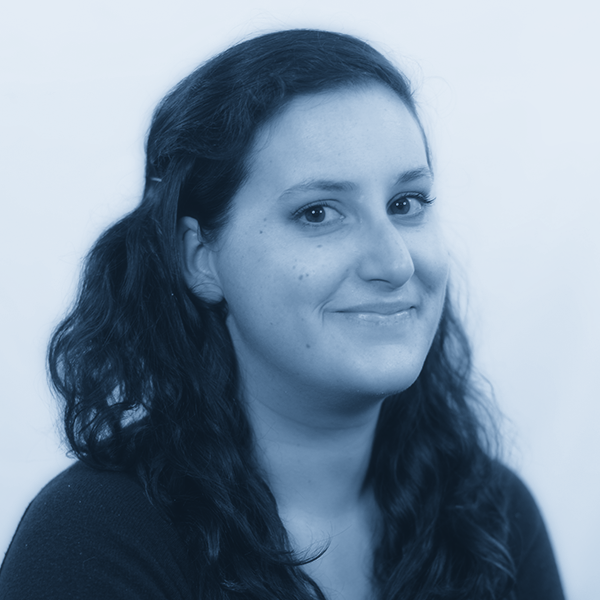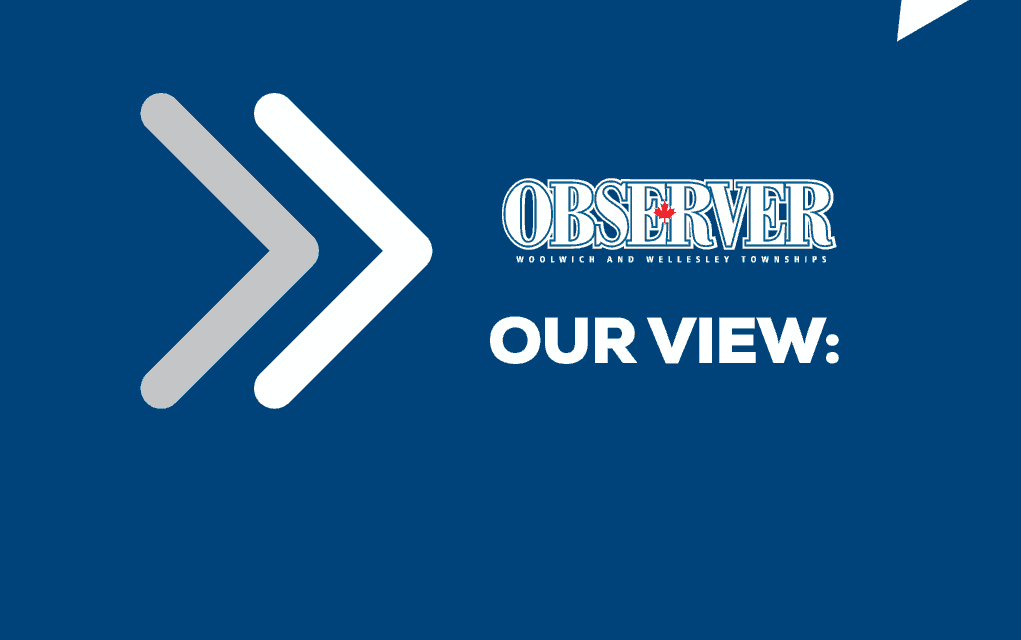The 100th anniversary of the Armenian Genocide was commemorated in Yerevan, Armenia last week by foreign dignitaries, among them Kitchener-Conestoga MP Harold Albrecht.
![Kitchener-Conestoga MP Harold Albrecht was in Armenia to speak at the Global Forum: Against the Crime of Genocide on the 100th anniversary of the Armenian Genocide.[Submitted]](https://www.observerxtra.com/content/images/wp-content/uploads/2015/05/post_news_genocide.jpg)
This was Albrecht’s second of such trips to Armenia, where in 1915 an estimated 1.5 million people were killed by the Ottoman Empire. Albrecht serves as the chair of the Canada-Armenia Parliamentary Friendship Group.
“I’ve developed a great understanding of the Armenian people here in Canada as well as having visited Armenia back in 2010,” Albrecht said. “To celebrate every year with them, to commemorate the tragedy of 1915, here locally in Cambridge they have an annual memorial, to be present at the memorial centre with the Armenian people there it was a very moving experience.”
He spoke on behalf of the Canadian government at the “Parliamentarians against Genocide” plenary session. He also went to the “Global Forum: Against the Crime of Genocide” with the Canadian Ambassador to Armenia, John Kur.
“The main thrust of what all of us are talking about in terms of genocide is before you can begin to move forward … you need to acknowledge our past,” Albrecht said. “There are many countries who have not acknowledged the genocide as a genocide. We’re calling on governments to acknowledge it as a genocide.”
Only 23 countries have declared it a genocide. The Canadian House of Commons acknowledged the genocide in 2004 and condemned it as a crime against humanity.
As part of his work with the friendship group Albrecht meets with the ambassador periodically.
“We have members from all parties that are part of the friendship group,” Albrecht said. “We have about 30 members. We meet to discuss ways that we can develop relationships with the diaspora here and listen to their concerns in their home country. They’ll have a better idea of what’s happening, what may be some ways we can partner with them.”
There are approximately 100,000 Armenians living in Canada and there are more than double the number of Armenians outside of Armenia than there are in the country itself.
He says the Armenians he’s met are very resourceful and industrious people.
“They really do have many of the resources themselves they just have to have the kind of nudging along, another shoulder to the wheel to move ahead,” Albrecht said.
Armenia declared its independence in 1991, which means it’s had a relatively short time to get its economy and infrastructure up to par. Despite this, Albrecht says the downtown is nice, but the further you go outside the city the more challenges there are.
“Considering the length of time this country has had to get itself back on it feet I think it’s done incredibly well,” Albrecht said. “It’s a very safe county. I never once felt threatened in any way.”
He was joined at the ceremony by numerous presidents such as Vladimir Putin (Russia), Francois Hollande (France), Tomislav Nikolić (Serbia), and of course, Serzh Sargsyan (Armenia).
“I was overcome with the sad reality that humans could possibly treat other humans in such inhumane ways, when you think of the starvation, and the forced marches, the people who died, very inhumane treatment and deaths,” Albrecht said. “If you go through the museum there if you don’t have some tears watching and looking at some of the artifacts, you have to be a pretty tough person.”
They also laid wreaths at the Memorial to the Victims of the Armenian Genocide and had meetings with the Armenian-Canadian community and Canadian business representatives in Armenia during their visit.
“The reason we were there was to pay tribute to the many innocent victims of the Armenian genocide and to hopefully reaffirm that we in the West are going to stand with the people in threat,” Albrecht said. “And so genocide prevention depends on us trying to do all we can to defend human rights and create a culture where everybody’s treated equal.”









